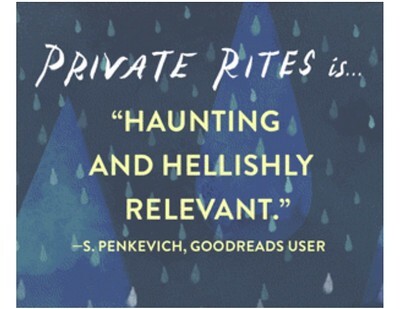What do you think?
Rate this book


291 pages, Hardcover
First published June 11, 2024
‘It is difficult, these days, to know how to be. Not a new phenomenon, of course, but one lent a certain urgency by the situation. People protest, or forget to protest. People hoard food, medical supplies, use them up and hoard them again…they suspect that there is less time than predicted, throw parties to celebrate the endless ending, pretend the coming on of something new. It’s always been this way, always worsening. A contradiction: the fact of something always being the case and yet that case being flux, deterioration.’
‘Something I’ve been preoccupied with throughout my career is the concept of a pervasive norm – the way that banality and dailiness always assert themselves no matter the extremes people find themselves in. This can be a good thing, inasmuch as it shows how adaptable people can be, but it also signifies a kind of apathy and powerlessness in the face of an overriding system, and I’m extremely interested in that.’
‘The problem, of course, is the general worsening of things—things being housing, and the weather, and The State Of It All. The problem is private companies springing up every other week to mishandle the business of dealing with it and siphon off funding in the process. The problem is the fact that there’s no money, and nowhere to put people, and the fact that they’re working on a skeleton staff with no time and no way to do more than they’re already doing…They are, as Jude reflects, a ship being mended as it sails, except that they aren’t really being mended and their sailing has become less a smooth progress and more the basic act of staying afloat.’
‘The problem, of course, is that there’s always something, and it can be easier on occasion to ignore it and take your partner back to bed.’
‘The problem with love, of course, is that it frequently asks too much of unlovable people. It can be hard, on even the best of days, to compel oneself to be selfless and patient and undemanding or even halfway reasonable when one is not given to any of those behaviours. But these are nonetheless the qualities that love demands.

“Any horror story could be said to work in two pieces: the fear of being wholly alone and of realizing that one has company.”
"Isla had picked at the cuticle of her thumb with her ring finger and nodded dumbly along with this, tried to remember the sequence of a poem she’d wanted to quote to a patient earlier in the week, about Old Masters and suffering: how it takes place while someone else is eating or opening a window or just walking dully along. The point, of course, being the whole bright dailiness of agony, the way Icarus in the Bruegel painting could crash to earth as little but a background detail while the bland spool of life went on in the foreground; the ploughman at his plough and the fabric of the day untouched, uninterrupted."